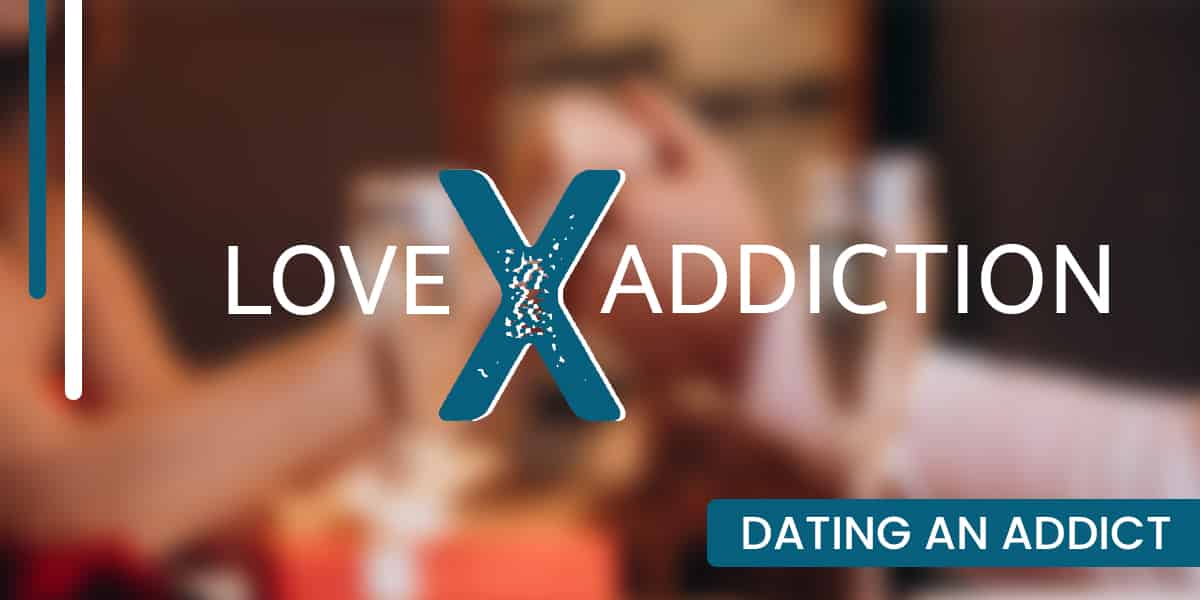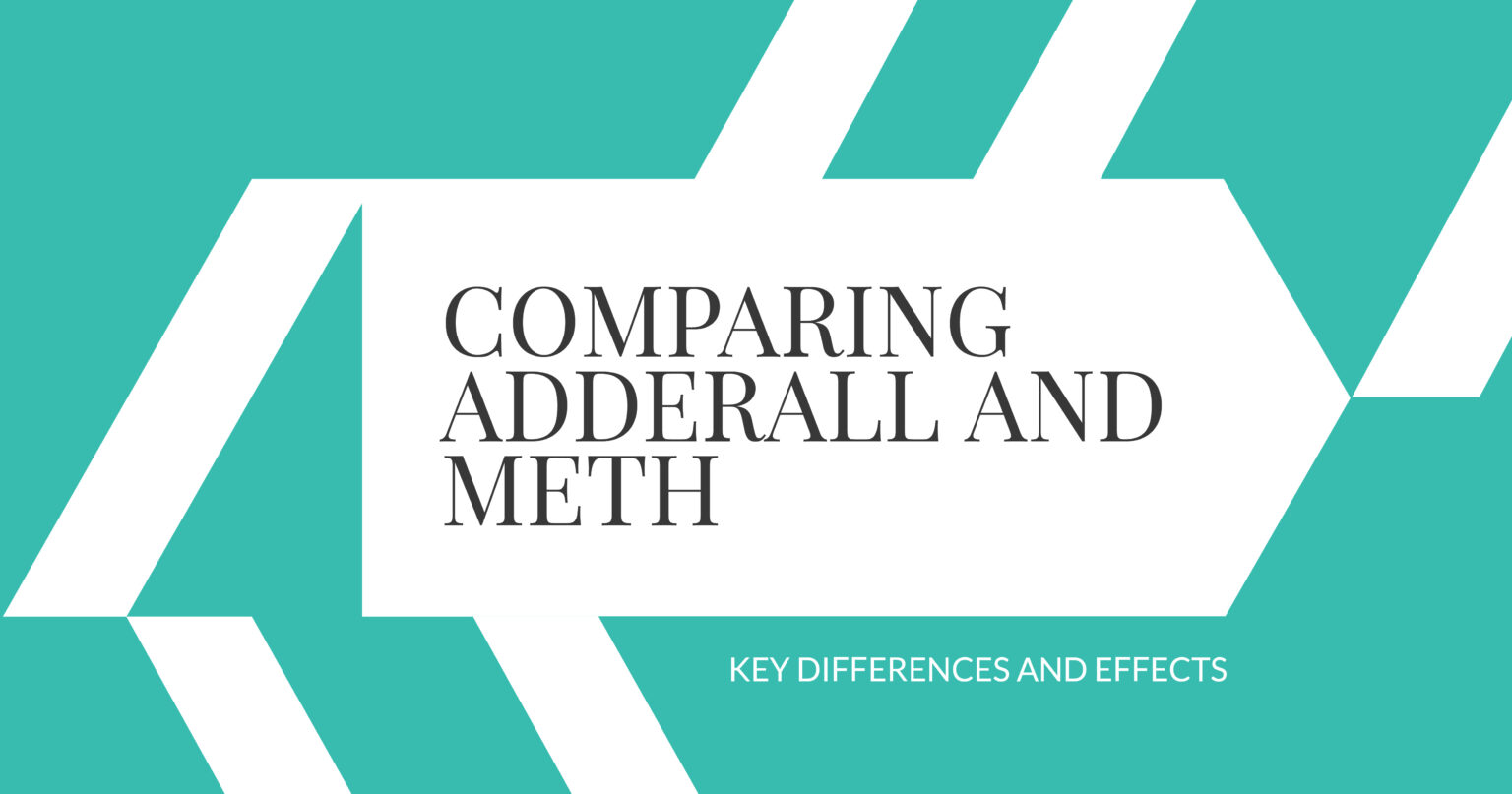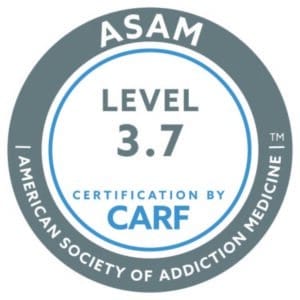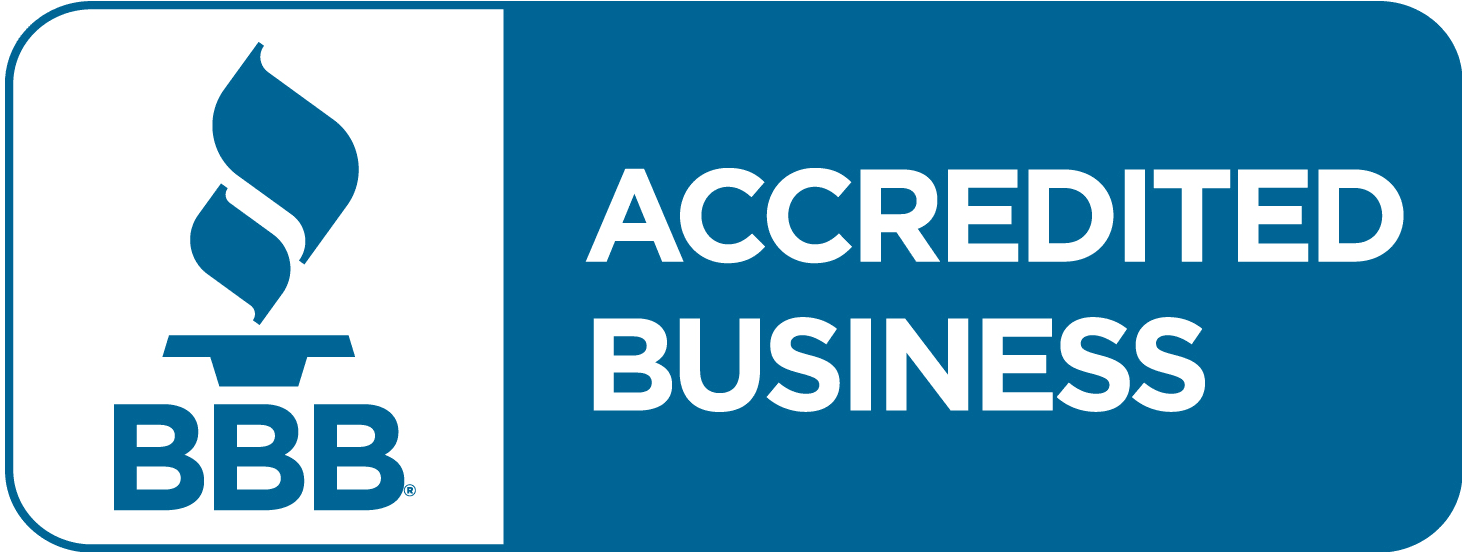Dating an addict is exhausting, especially if you are not an addict yourself. Two addicts in love seems a bit more understandable, but it can be hard to be empathetic to your partner’s struggles when you never had a drug addiction of your own though.
“We can’t choose who we love” is the truth. Additionally, being with the right person means accepting the good and bad that comes with them. You may date a person who develops a drug addiction while you are together.
You may date someone who is sober when you start dating but eventually relapse into a drug habit you never knew they had. You may fall for someone who is an active drug user, but they still make you happy. There are many examples of “the heart wants what it wants,” but that doesn’t mean the journey will be easy.
Substance abuse and healthy relationships don’t mix very well. When a person with substance use disorder begins their addiction treatment counselors will recommend not to date anybody until you have a year of recovery under your belt.
This article will provide some guidance for dating an addict.
The Reality of Dating an Addict
When you date someone who struggles with addiction, there are many effects that damage different aspects of the relationship. Depending on what stage of addiction they are in, the relationship can feel very different. The relationship could feel great when they are sober, but you may feel like you’re dating a completely different person when they are high.
Many addicts are very selfish, and if they are actively using drugs, you will never be their top priority. If you were, they would be able to stop using out of fear of losing you. There will be many ups and downs when you date an addict because addiction is a disease, and it’s wrong to judge a person for their disease… right?
A Disease is Not An Excuse
It’s a good thing that addiction is considered a disease because this allows medical insurance and providers to take it seriously when an addict needs help. That being said… addiction being a disease is not an acceptable excuse to justify bad behavior.
Nobody deserves to be mistreated, lied to, cheated on, abused, stood up, forgot about, or any of the other common misbehaviors associated with dating a drug addict. It’s important to know your worth and be treated right, even if your partner is actively using drugs. You may be able to turn a blind eye to drug use, but you should still expect to be treated right.
Creating Healthy Boundaries
A key strategy for maintaining a healthy relationship is to set realistic boundaries. Learning to set boundaries is essential to be able to coexist with another person long-term. You decide what’s reasonable to request, but both people need to understand and respect the boundaries you set.
Some examples of boundaries related to dating an addict could be:
- Don’t lie to me
- Don’t steal from me
- Don’t get high around me
- Don’t make me an accomplice
If a person oversteps the boundaries you set together, it may be time to be strong and leave them.
Don’t be an Accomplice
In the eye of the law, an accomplice is someone who assists someone with (or fails to prevent from) committing a crime. A scary reality of dating someone who does illegal drugs is that you could get in trouble, even if you don’t do drugs.
An accomplice to a crime is criminally liable to the same extent as the person committing the crime. For example, if you are in the car with the person you are dating, and they are high or have drugs on them, and you get pulled over, you both would be arrested and charged.
It is possible to date someone who has a drug habit and not risk being an accomplice, but it would rely largely on the respect you both have for the boundaries you set together.
Dating someone “in recovery”
Dating someone “in recovery” is not the same as dating someone who is actively using drugs, but they do have addiction in them. Being “in recovery” means they are receiving treatment for their drug use; the term is used synonymously as a person being in remission for their disease.
It is possible to maintain a healthy and happy relationship with someone in recovery. The caveat of dating a recovering addict, though, is that most people in recovery consider themselves to be “in recovery” forever, and there is always potential for relapse (some people even expect it.)
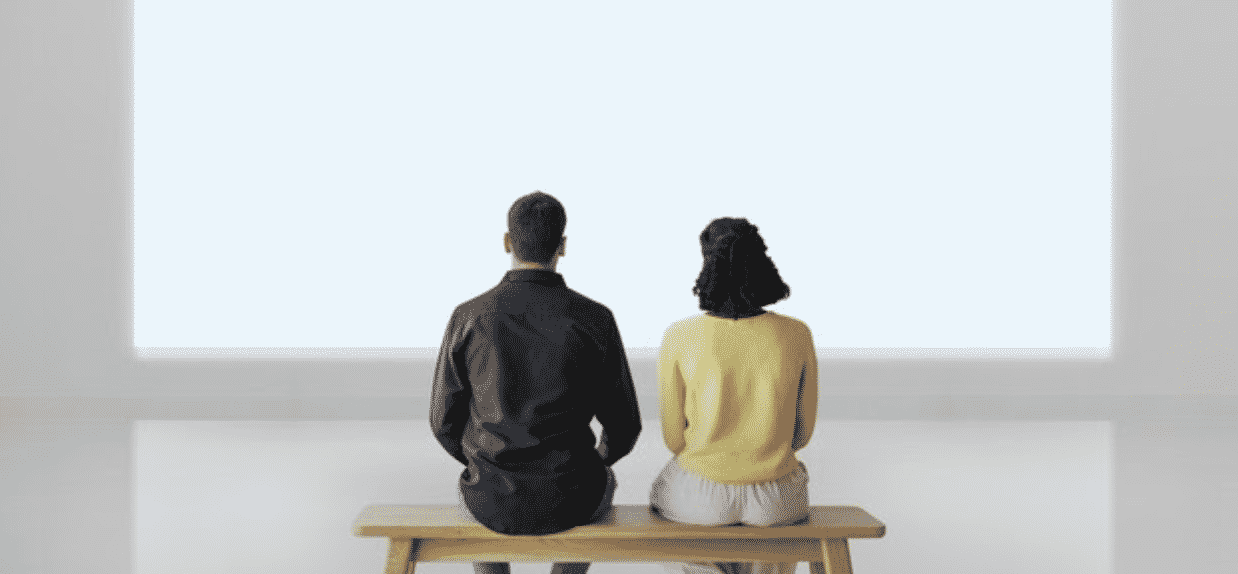
The most popular addiction treatment modalities teach the mindset that addiction is always something you will carry with you. Some counselors and recovering addicts do not agree with this mentality though. It is good to talk to your partner and find out what being “in recovery” means to them.
Get Relationship Counseling
Perhaps the best piece of advice for being in a relationship with an addict, or a person in recovery, is to get professional help. I am a huge advocate of therapy across the board. Everybody can benefit from help sometimes, even if there isn’t anything specifically wrong; talking to a professional is a preventative measure to keep issues manageable.
Licensed Marriage and Family Therapists (LMFT) are relationship experts and spent years studying and helping couples with issues. Seeing an LMFT regularly will help create and manage boundaries, keep discussions and disagreements constructive, provide a safe space to air out grievances, and clarify what is and is not working.
Know When to Call it Quits
People with addictive personalities often form co-dependencies on people or relationships, and no matter how bad things get leaving is not an option. This is a similar mentality that they have with drugs, but just with people.
Relationships are an optional part of life, and they should be a source of happiness and strength for a person. If you ever find yourself feeling like your relationship is the worst part of your life, your partner continuously oversteps the healthy boundaries you set, or you feel that you’re just being mistreated without any efforts towards change, it may be time to end that relationship.
A relationship counselor will help you determine if your conclusion is rational, and can help you do it in the safest and proper way.
Seek Out Additional Support
For the addict: There are many evidence-based treatment programs for people to manage their addictive behaviors and relationships. From the early stages of addiction to being in recovery; addiction counselors are trained and experienced in the knowledge of substance use disorder and its effects on relationships (and vice versa.) Additionally, there are aftercare support groups of peers, like narcotics anonymous, who are managing life and relationships while living with addiction. Participating in these groups is highly recommended for the health of both your sobriety and relationships.
For the one in a relationship with an addict: In addition to seeking individual therapy, Family therapy — or both; there are also support groups of peers that provide advice, strength, and guidance. Al-anon is a group for people with loved ones struggling with addiction since 1951.
You Are Not in This Alone
You are not the first or last person to love an addict, and there are many people who have stayed strong and followed these tips to help their partner overcome addiction and refocus their energy to maintaining a healthy relationship and a happy life.
If you are struggling with addiction or dating an addict, let us help. Opus Health offers residential rehab in orange county for addiction and even has a couples-focused recovery program. Call us today to learn more.
